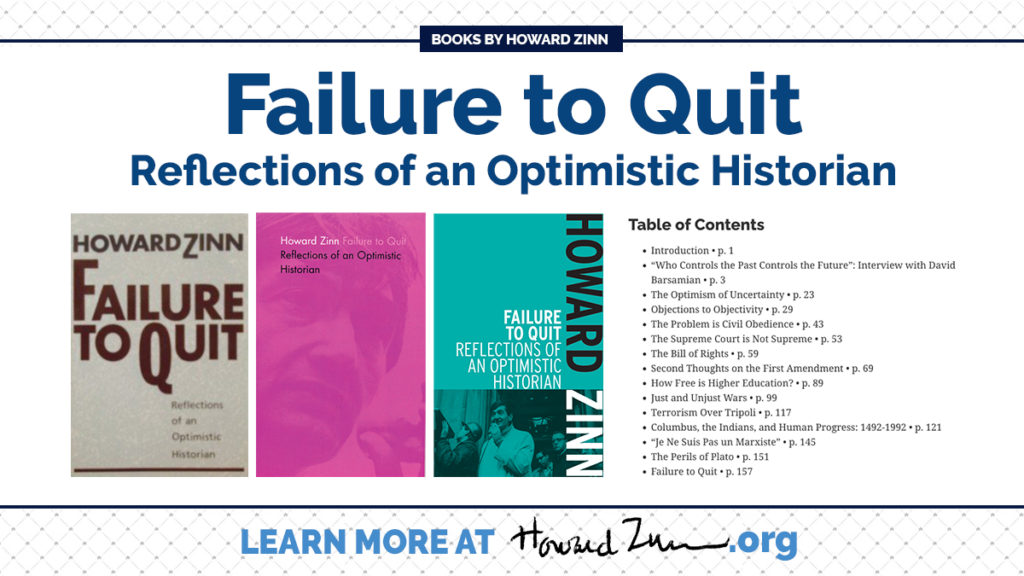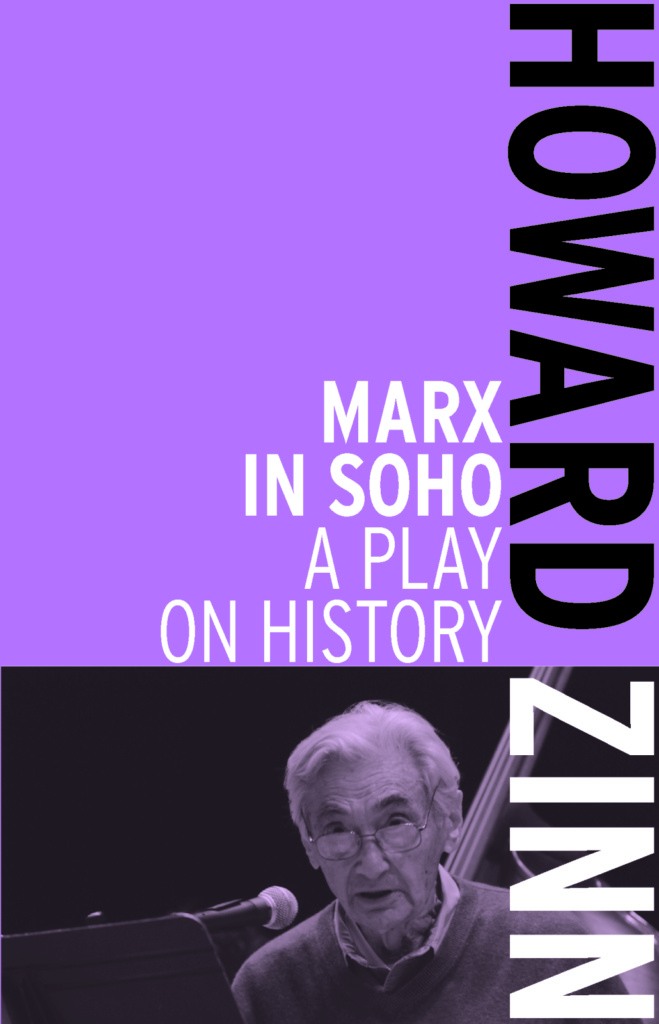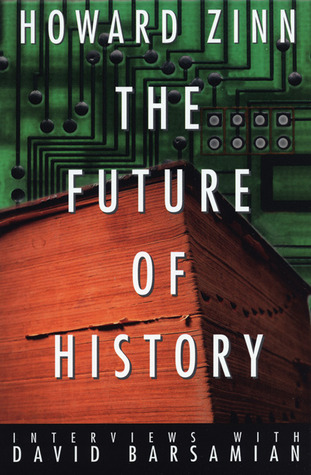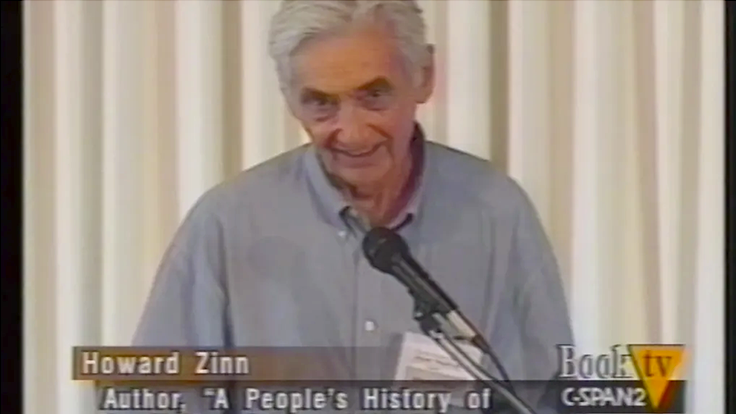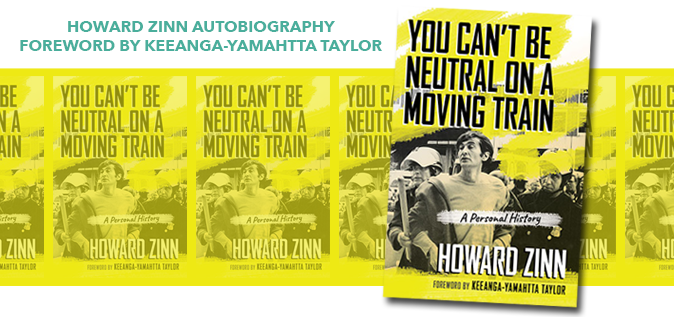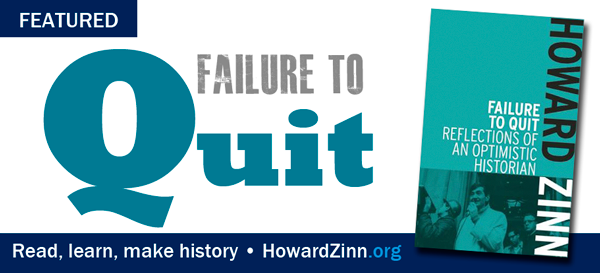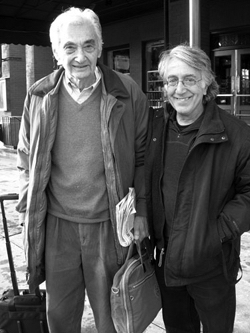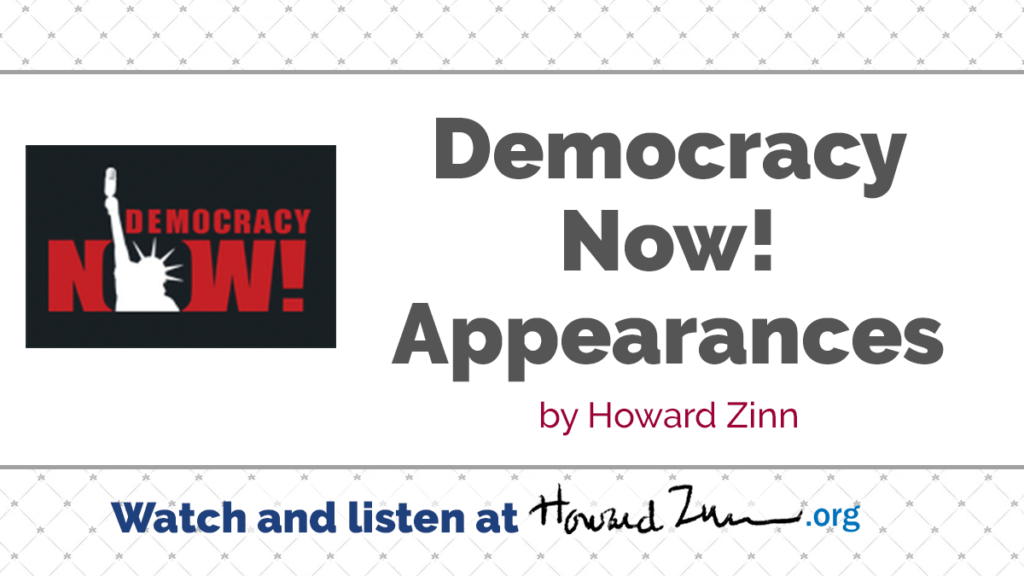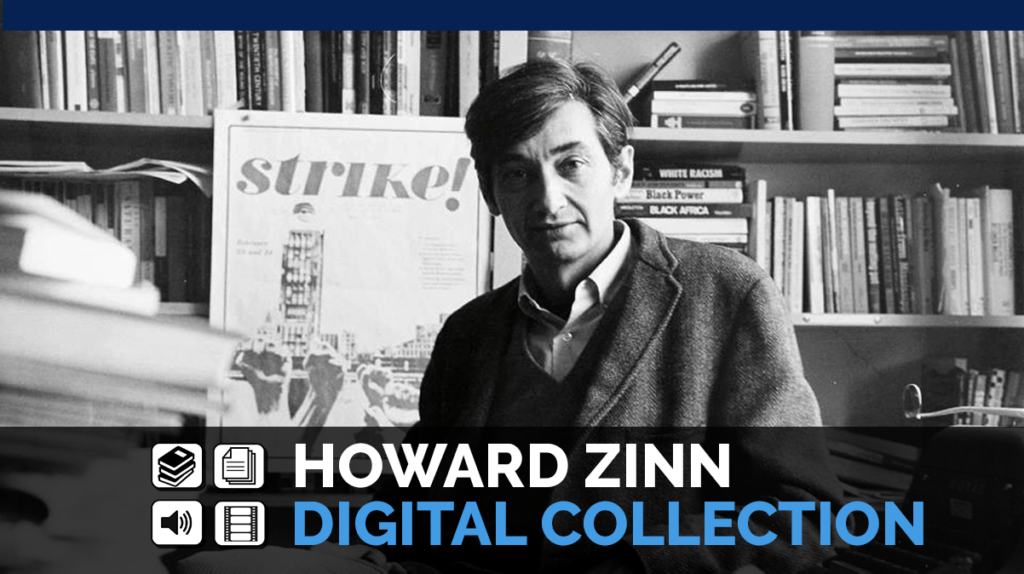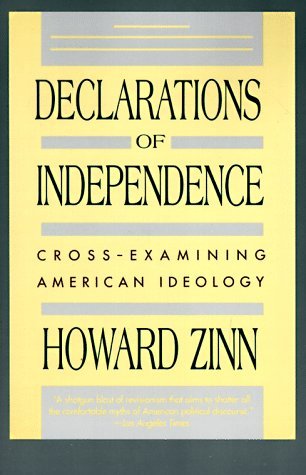
Declarations of Independence: Cross-Examining American Ideology
By Howard Zinn. Book - Essays. HarperCollins. 1990; 1991.
Howard Zinn presents an honest and piercing look at American political ideology. Zinn confronts some of the most cherished beliefs of our culture as he provides a practical guide to the dilemmas of our time.
Read More »
Howard Zinn presents an honest and piercing look at American political ideology. Zinn confronts some of the most cherished beliefs of our culture as he provides a practical guide to the dilemmas of our time.

